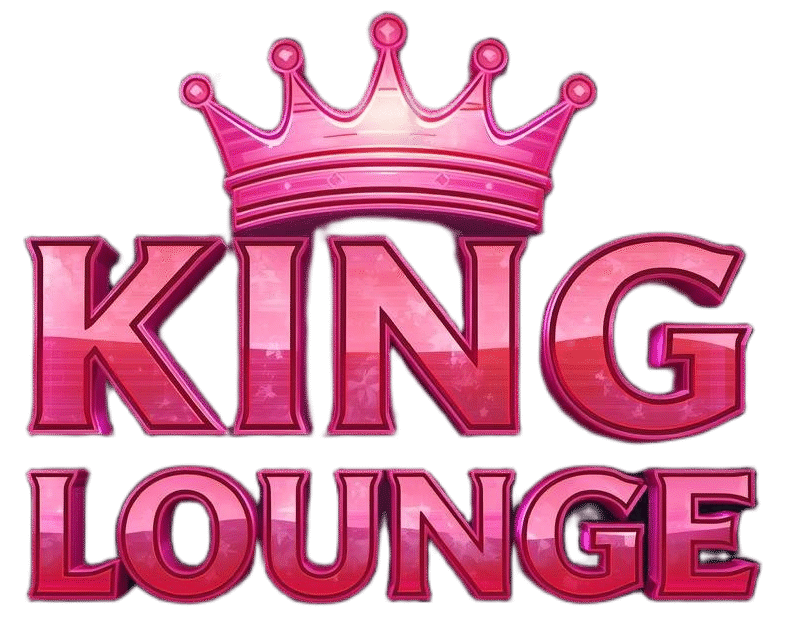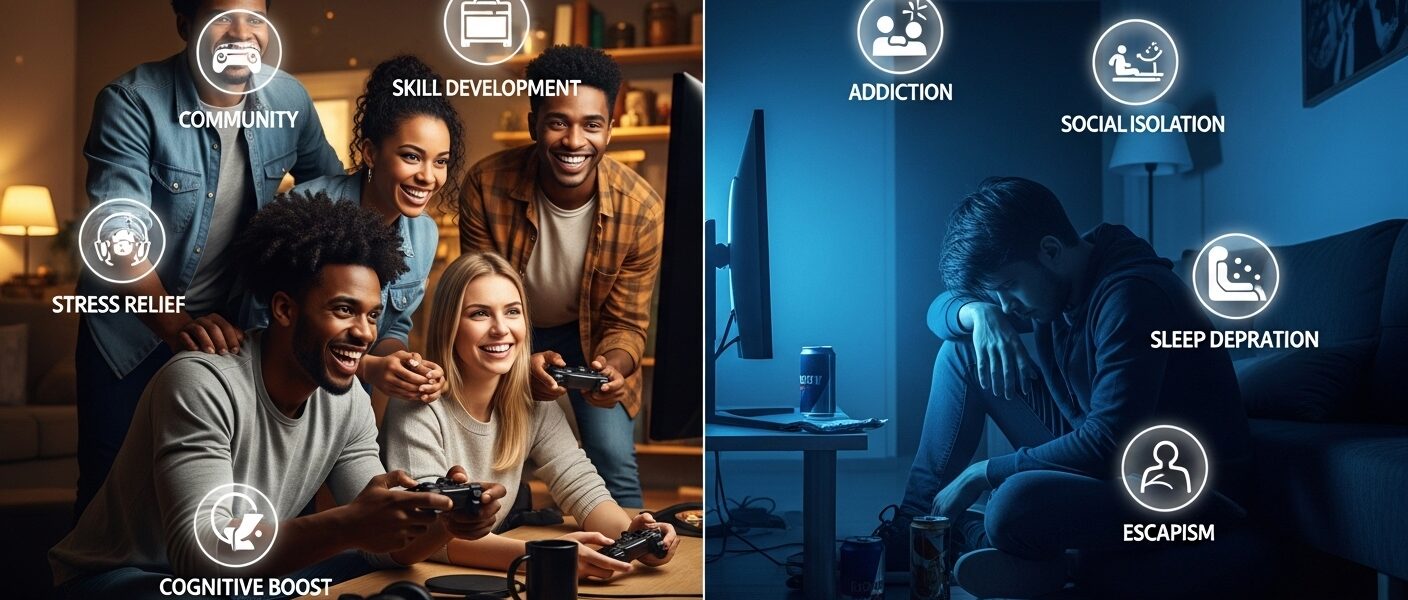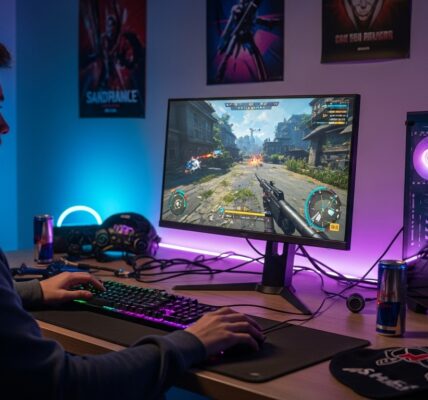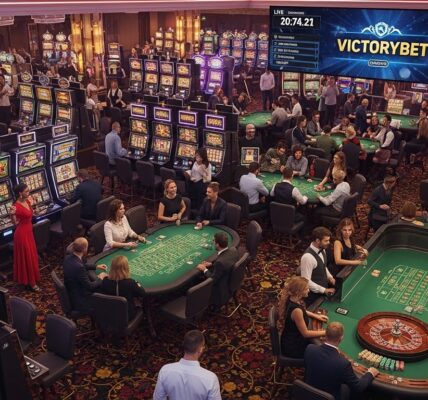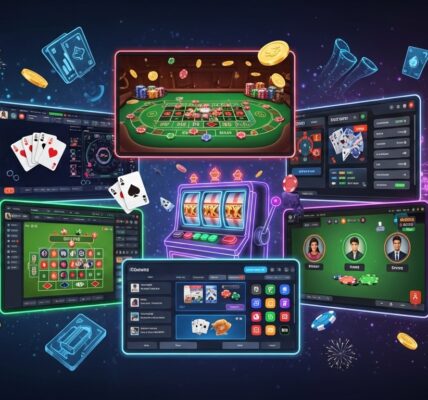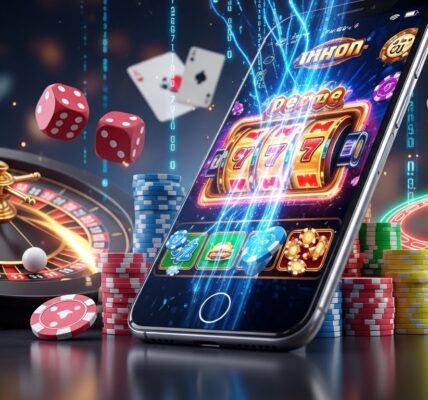Introduction
Gaming is more than just entertainment—it affects mental health. Some studies warn of addiction, while others highlight positive effects like stress relief, creativity, and social connection. The truth lies in balance. In this blog, we’ll explore both the positive and negative effects of gaming on mental health.
The Positive Effects
Stress Relief
Gaming provides an escape from real-world stress. Immersing in games like Animal Crossing or Stardew Valley can calm anxiety.
Cognitive Benefits
Games improve memory, reflexes, and problem-solving skills. Puzzle and strategy games train the brain in unique ways.
Social Connection
Multiplayer games create friendships across borders. For many, gaming communities provide belonging.
Confidence and Achievement
Completing challenges or climbing ranks gives a sense of accomplishment, boosting self-esteem.
The Negative Effects
Addiction
Excessive gaming can lead to unhealthy routines, lack of sleep, and neglect of responsibilities.
Isolation
While gaming connects online, it may reduce face-to-face interactions.
Toxic Communities
Some online spaces involve harassment or bullying, which can harm mental health.
Sleep Issues
Late-night gaming can disrupt sleep cycles, leading to fatigue and stress.
Striking the Balance
Healthy Gaming Habits
- Set time limits.
- Take breaks every hour.
- Maintain real-world activities.
Parental Guidance
For young gamers, parents should monitor game time, encourage balance, and discuss online safety.
Gaming in Therapy
Games are now used in mental health therapy:
- VR games treat PTSD.
- Role-playing games improve social skills.
- Motion games like Wii Fit support physical therapy.
Conclusion
Gaming affects mental health in both positive and negative ways. When balanced, it offers stress relief, skill development, and social connection. The key is moderation—using gaming as a tool, not an escape.
